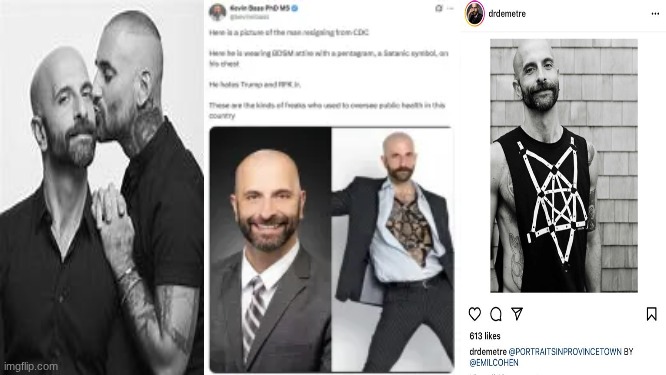(((Public health))) sounds like (((safe and effective))); a buzzword that actually means the inverse of what people think it means – here is the AI Overview on the changes to the Hippocratic Oath:
Yes, the Hippocratic Oath has changed significantly over time, evolving from its ancient Greek origins to modern versions that reflect contemporary medical ethics, digital advancements, and societal shifts. Original oaths included pledges to Greek deities and prohibitions against abortion and euthanasia, which have been removed in many current forms. Modern iterations emphasize patient autonomy, digital privacy, and collaborative care, incorporating concepts like the shared decision-making process between physicians and patients.
Key Changes and Adaptations:
Religious References:
Original oaths invoked Greek gods like Apollo, while modern versions often use phrases like “whatever each of us holds most sacred” or simply begin by swearing to uphold medical principles.
Prohibitions:
The original oath contained clauses forbidding abortion and euthanasia, which are no longer relevant in many modern contexts and have been removed from recent iterations.
Patient Rights and Autonomy:
Contemporary versions place a greater emphasis on patient dignity and the physician’s responsibility to respect the patient’s right to make decisions about their own care.
Digital Health:
Modern oaths are being revised to include the impact of digital technology, addressing issues like patient data privacy and the role of technology in healthcare.
Professional Relationships:
Lines about colleagues have been updated to reflect a more inclusive and respectful relationship, with some versions referring to colleagues as “sisters and brothers”.
Broader Concepts:
The scope of the oath has expanded to acknowledge the collective origins of scientific gains and the importance of both preventative “health care” and “sick care”.
Why the Oath Has Changed:
Societal Shifts:
Changes in medical practice and societal understanding of patient rights have necessitated updates.
Technological Advancements:
The rise of digital health, AI, and new diagnostic tools requires an oath that reflects these modern realities.
Evolving Medical Ethics:
The core values of the oath, such as patient well-being and privacy, remain, but their application has been re-evaluated and updated to meet the demands of contemporary medicine.
🚨 LISTEN TO WHAT THIS FREAK IS SAYING 🚨
Tracy Beanz – I almost can’t believe what I’m hearing — this is just MIND BOGGLING to me. They admit this out loud and still think they are the good guys. Protect your kids.
Dr. Demetre Daskalakis Fears RFK Jr May Change the Hepatitis B Vaccine Recommendation for Newborns
“I predict that what they’re going to do is try to change the birth dose of hepatitis B vaccine so that kids don’t get it when they’re born … We have one bite at that apple.”
https://x.com/TheChiefNerd/status/1962183809819926559
Hepatitis B is a sexually transmitted disease. It was put on the childhood schedule after failed uptake from emergency workers and sex workers.
There is literally no data that supports administering a day-old child their first STD through a vaccine.
https://x.com/HighWireTalk/status/1962239923471221056
Source: https://x.com/tracybeanz/status/1962220361128325189
Thumbnail: https://imgflip.com/i/a4prq1 [thanks to https://www.starobserver.com.au/news/white-house-monkeypox-response-deputy-demetre-daskalakis-dubbed-gay-satanist-by-conservatives/216467 and https://twitter.com/bennyjohnson/status/1567861469974331392/photo/3




